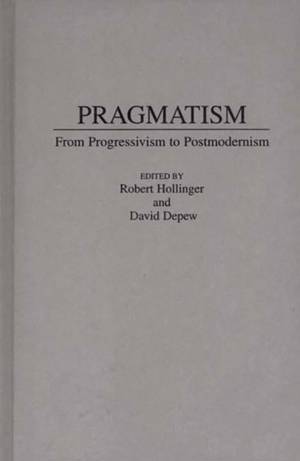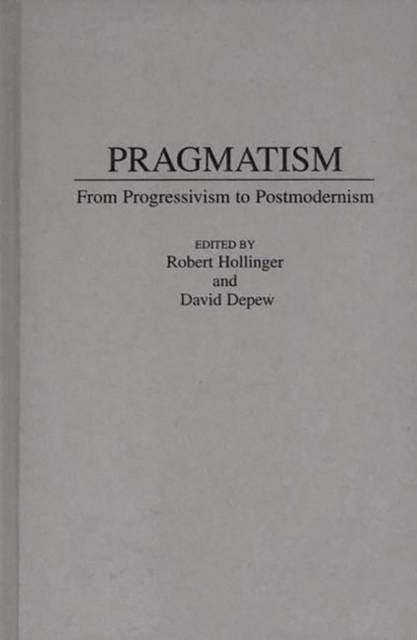
Door een staking bij bpost kan je online bestelling op dit moment iets langer onderweg zijn dan voorzien. Dringend iets nodig? Onze winkels ontvangen jou met open armen!
- Afhalen na 1 uur in een winkel met voorraad
- Gratis thuislevering in België vanaf € 30
- Ruim aanbod met 7 miljoen producten
Door een staking bij bpost kan je online bestelling op dit moment iets langer onderweg zijn dan voorzien. Dringend iets nodig? Onze winkels ontvangen jou met open armen!
- Afhalen na 1 uur in een winkel met voorraad
- Gratis thuislevering in België vanaf € 30
- Ruim aanbod met 7 miljoen producten
Zoeken
€ 103,45
+ 206 punten
Uitvoering
Omschrijving
American pragmatism can be best understood against the background of 20th-century American culture and politics. The essays in this volume, by philosophers, cultural critics, and historians, explore the development of pragmatism in this context. The emphasis in this volume is on the interrelations between the philosophical or foundational issues raised by pragmatism as a philosophical movement, and the cultural, political, and educational programs that have been associated with pragmatism from James, Dewey, and Mead to Rorty and Cornel West. The book is divided into three parts, reflecting the periods of Progressivism, Positivism, and Postmodernism. The contributors explore the ways in which pragmatist writings have been appropriated or misappropriated in the literature and practice of Progressive reformers, positivist academics, end-of-ideology liberals, and postmodernists.
Specificaties
Betrokkenen
- Auteur(s):
- Uitgeverij:
Inhoud
- Aantal bladzijden:
- 368
- Taal:
- Engels
Eigenschappen
- Productcode (EAN):
- 9780275948825
- Verschijningsdatum:
- 23/05/1995
- Uitvoering:
- Hardcover
- Formaat:
- Genaaid
- Afmetingen:
- 160 mm x 241 mm
- Gewicht:
- 693 g

Alleen bij Standaard Boekhandel
+ 206 punten op je klantenkaart van Standaard Boekhandel
Beoordelingen
We publiceren alleen reviews die voldoen aan de voorwaarden voor reviews. Bekijk onze voorwaarden voor reviews.











